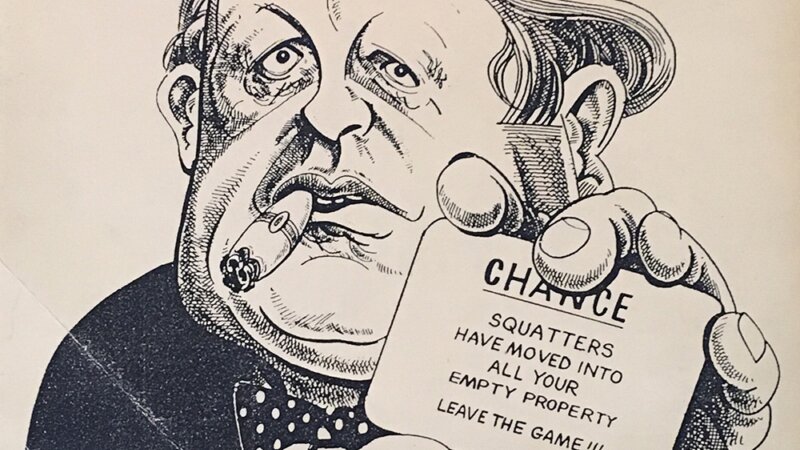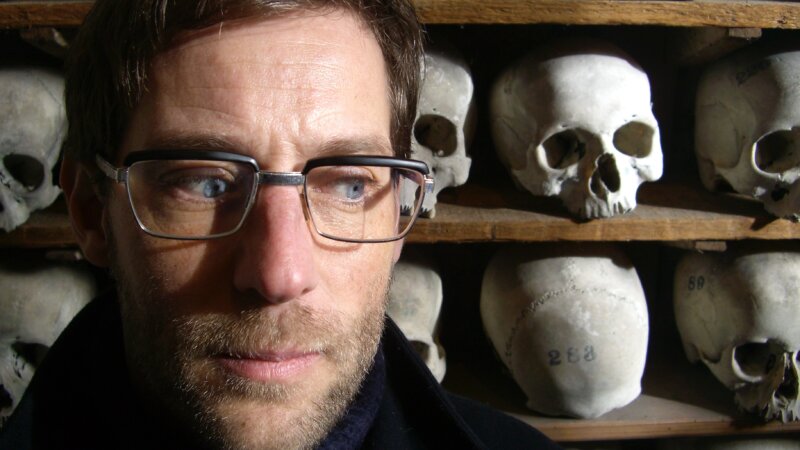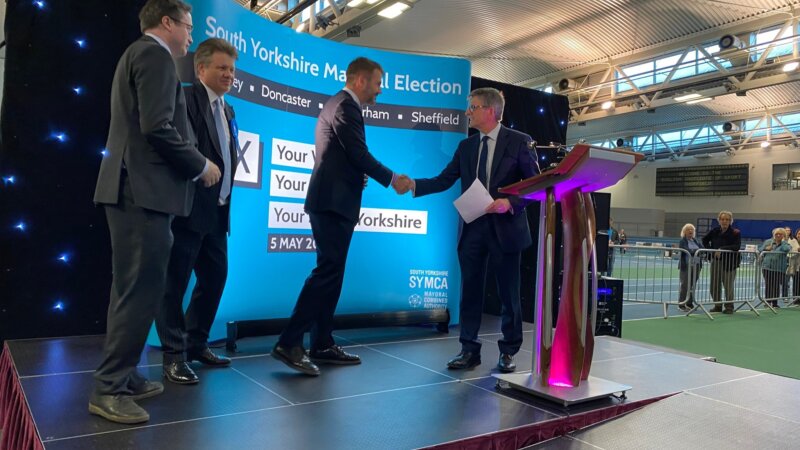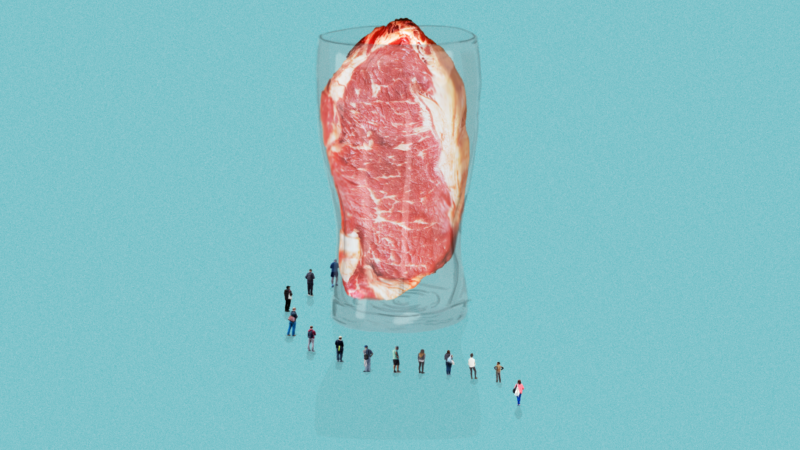It's Our City: A People's Petition
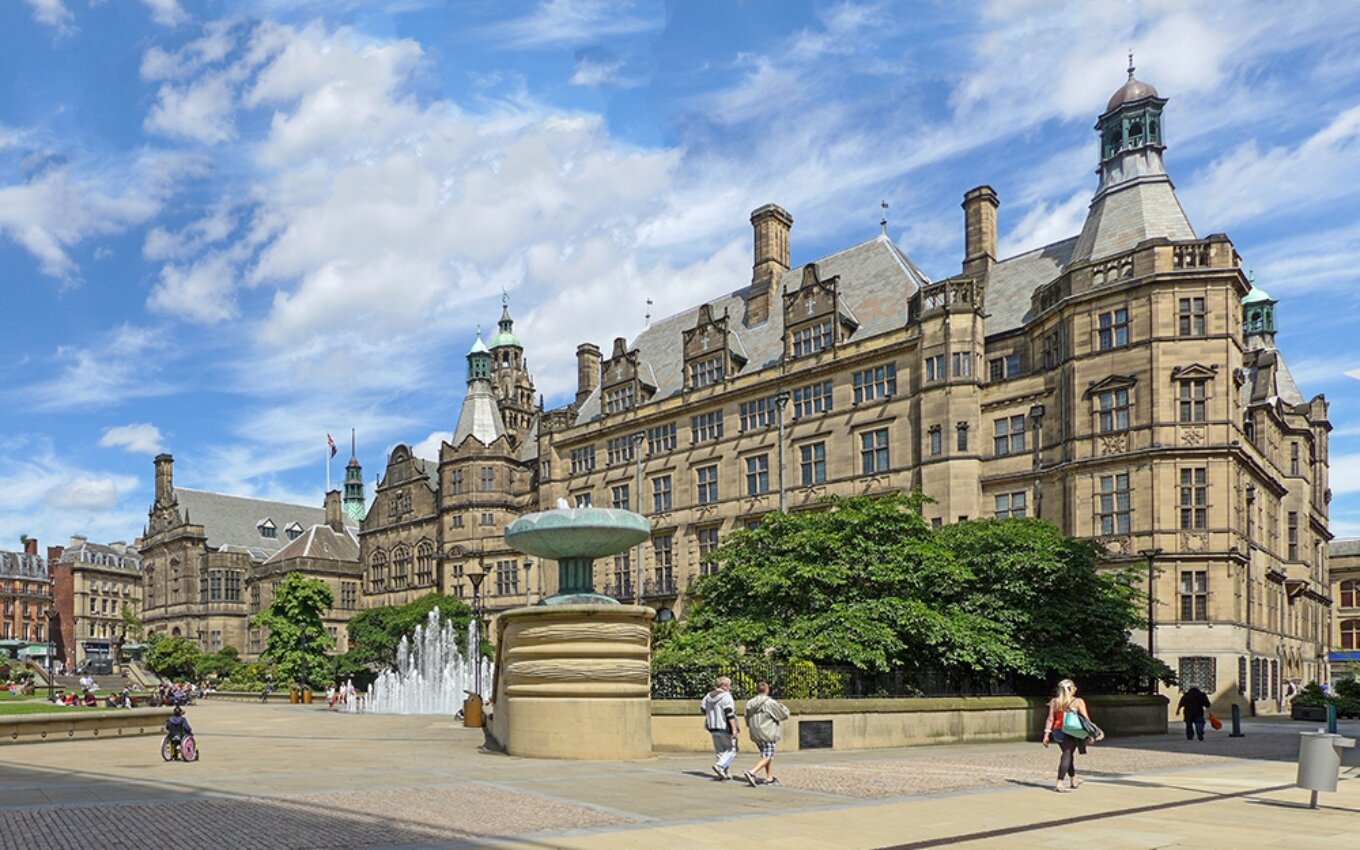
How does Sheffield City Council make decisions?
That question usually gets you a range of answers: lots of different people talking in offices, coming to an agreed way forward, and then councillors voting. Well, the first part of that is almost correct. There are a lot of conversations in offices, though mostly behind closed doors.
Actual decision-making almost never goes to a vote of all councillors. Most decisions in Council are made by just ten people - the Leader and Cabinet. This model of decision-making is called 'Strong Leader'. Sheffield City Council chose the strong leader model after it was imposed on councils by central government in 2000, along with the 'Elected Mayors' and 'Mayor and Management' models.
The party with the most councillors is in charge. The councillors of that party vote on which of them will become Council Leader. Power then rests entirely with that person. The Leader appoints a Cabinet, not voted on by other ruling party members, and tells them what their jobs are. Within their portfolios, Cabinet councillors are supreme, able to make decisions without the input of any other councillor.
That's 74 out of 84 councillors in Sheffield City Council with almost no power over how decisions are made, including 43 ruling party councillors and 31 opposition councillors of various parties. The Leader and Cabinet are also allowed to appoint unelected officers (council employees) to have 'delegated powers', granting them more decision-making power than 74 elected councillors.
This is a surprising and unpleasant truth for many. Most people, when casting their vote, imagine their councillor is elected to represent them and is able to make decisions in council that are right for their voters and right for the city.
One Labour Party member told me: "I object to the 'strong leader plus cabinet' model because the process is undemocratic. It's not consensual or allowing for considered discussion of the matter in hand. I also object to minority parties not having a voice in this system when they also represent their constituents.
This is a surprising and unpleasant truth for many
"I am a lifelong Labour voter and am desperate to see a Labour government. I have kept my membership even though I have been tempted to make a stand over the governance of SCC. However, I disagree with the way this local authority are behaving and I cannot vote for them locally."
There's a community group called It's Our City! trying to change this system - community-led and non-party political, made up of people from all political opinions and none - and this Labour Party member joined that campaign. The group aims to use legislation contained within the 2011 Localism Act to petition the Council and, if necessary, to force a referendum on making a move to a modified committee structure fit for the 21st century, in the belief that this would be a way of making decisions that are more inclusive and better for our city.
One non-party member of this group said: "I'm supporting It's Our City! and their campaign for a committee-based council structure, as I feel great swathes of this city and its residents are not being listened to or represented. Regardless of your party politics, if your ward councillors are not in the cabinet, they have little or no say in decisions that are made. And if you live in a ward with no Labour councillors, you have no representative voice at all. I feel this is highly undemocratic."
Feelings about the way decisions are made run strong and some members of It's Our City! feel passionately about what got them involved: "I'd only been a little involved in the street tree campaign when Rustlings Road happened. I was so angry I got under a tree to help stop the felling. Local residents had been treated like a problem to be dealt with. Not citizens. Not people with a say over what happens on their doorstep. They were just an issue for the Council to push past.
"When councils are facing terrible cuts to funding, they can either look outwards to citizens for help or turn inwards. It's Our City! is about changing the Council so it will look outwards, with every citizen seen as someone who can help."
People supporting the campaign also commented on the poor transparency and openness in strong leader decision-making, this Green Party member among them: "We bought a house on a tree-lined road and then found out that half of the trees in the city were to be 'replaced'. We thought this was crazy [...] but quickly realised that most of the Council couldn't do anything. One of our local councillors refused to talk to us, one expressed regret over the situation and later resigned [...] Very few councillors had access to any information and they weren't sharing it. The [Streets Ahead] contract was commercially confidential in any case.
the way decisions are made has an enormous impact on our city and us
"I might live in a city where most of the councillors belong to one party, but I would at least expect all councillors to have access to all the facts and to have a say in major decisions."
If the facts had been known to all councillors and an open discussion had, would the Council's decision to sign the Streets Ahead contract have been different?
Others within the group are concerned over the tribal nature of decision-making in the city, like this Liberal Democrat party member: "I have seen in council meetings, and throughout my community campaigning, how much difference of opinion is ignored by our Council [...] I was shocked to see just how decisions seem to be made on a 'them vs us' basis, instead of what is best for Sheffield.
"To some extent, in my opinion, local politics shouldn't come with party logos. It's about Sheffield, full stop [...] We love being Sheffielders, but we do want a functional city, a healthy local economy, clean air, better transport infrastructure, a good education and a city to be proud of. A committee system just feels like a better style of governance that would suit Sheffield's dynamic communities and is, in essence, how most people expect things to work."
Finally, from another non-party member of this campaign: "It seems to me that the It's Our City! proposals to return to the committee system in council are the opposite of party political [...] Party politics and electoral involvement could be increased and improved by a better managed and scrutinised political system, where people feel closer to the decision-making process.
"In the first instance, this could be by involving all local councillors, rather than a few. Let's improve democracy in Sheffield and ensure that recent controversial decisions in the city are prevented, or at least properly examined, rather than trusting a handful of people with decisions that affect all our lives."
Whichever system is in place, the majority party will still be the majority and, rightly, only elections are able to change that. But the way decisions are made has an enormous impact on our city and us. It's Our City! would like to change this strong leader system to something more inclusive. After all, shouldn't we all have a say in the way those decisions are made?
Nigel Slack
Active Citizen
Sign the petition here: ipetitions.com/petition/sheffield-peoples-petition



